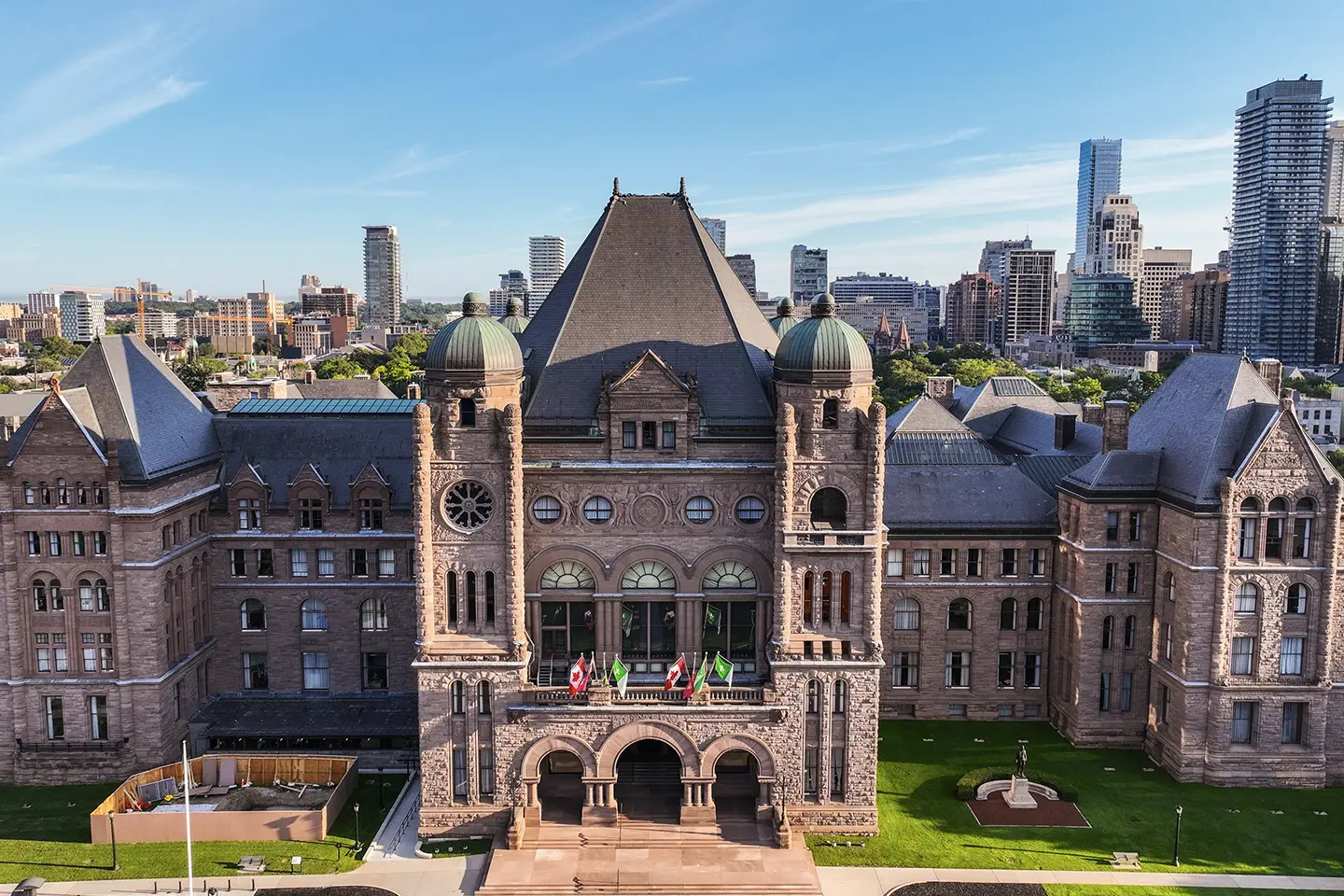Government of Ontario Introduces Enabling Legislation for Rural Broadband Expansion

Today, Ontario’s Minister of Infrastructure, Hon. Laurie Scott introduced enabling legislation, Bill #257 – “Building Broadband Faster Act, 2021,” aimed at better supporting the timely expansion of needed broadband infrastructure within unserved and underserved rural Ontario communities. The government press release can be found here and backgrounder here.
The legislation and envisioned One Touch Make Ready process will be of interest to Ontario’s electric local distribution companies (LDCs), as well as to municipalities, telecommunications service providers (TSPs), and other affected stakeholders and consumers.
The Bill, as expected with legislation of this kind, sets out various backstop authorities and legal mechanics to create a manifest program for expedited broadband infrastructure to be mobilized in prioritized communities. It is specifically short on details, as much of the locational, timing, process and financial support outcomes will be shaped via regulation. Typically, the regulatory development process involves consultation with affected stakeholders, with regulations enacted when the legislation is ratified by the provincial Legislature (today’s announcement was coincident of First Reading of the Building Broadband Faster Act, 2021).
The timing of this legislation falls in-line with a full year under the global pandemic environment that has exposed growing gaps between the province’s ability to properly connect and communicate in ways that current times demand. Despite virtually all government resources, time and attention being devoted to the frontline battle against COVID-19, over the past year, Premier Ford and his government have been repeatedly loud and clear that proper broadband services are an absolute necessity in upholding the basic functions of a modern and fully functioning Ontario society. From healthcare to education and local government and democracy to business and commerce, all are increasingly dependent on highspeed digital and online resources, tools, and applications. Early in the pandemic, the inconvenient truth was quite evident – rural Ontario simply did not have the communication backbone to properly manage the many challenges the pandemic presented. “Working from home” was a non-starter for many of these communities and so, the government has signalled change was coming for some time now.
In order to enact that change, the Bill focuses on three primary sections which work to enable solutions surrounding:
Utility Pole Attachment Rates (UPARs) -
- By setting a framework to work towards apportionment of costs of the work, allowing the Minister to prescribe apportionment rules, if the parties are unable to reach an agreement.
Connection timing, process and make-ready work -
- By setting a framework to work towards ensuring municipalities and utilities provide timely access to their infrastructure, including rights-of-way and hydro utility poles, and reducing this time on projects of provincial significance.
Underground locates and infrastructure labelling processes –
- Strengthening the Ontario Underground Infrastructure Notification Act, 2012 (“Ontario One Call Act”) by requiring work to be done within 10 business days after notification is received. If locates are not completed, the Minister of Infrastructure may authorize excavation or digging to take place.
Authority within the municipal right-of-way
- Providing the Minister of Infrastructure with increased authority to ensure municipal service and right-of-way access to support projects.
Administrative Penalties
- Permitting the Minister of Infrastructure to issue fines to entities who do not comply with the legislation.
The Ministry of Infrastructure is the lead on this legislation and the larger provincial broadband file, but obviously there is a lot here attached directly and indirectly to the Ministry of Energy, Northern Development and Mines. Minister Rickford and Associate Minister Walker, together with their staff and ministerial officials, will likely play larger roles in listening to affected stakeholder input and shaping resulting regulations. As the government looks to navigate both the need to support broadband expansion as well as protect electricity customers, their ministry will play an important role in “threading that needle” necessary to maximize the benefit of the broadband policy while limiting the inherent risks associated with leveraging electricity infrastructure, its cost allocation, system integrity, etc. In addition, the government, through the Ministry of Municipal Affairs and Housing, must also navigate municipal government dynamics associated with exercising greater powers over the right-of-way while working to deliver broadband speeds that many of these same local governments are demanding.
From the province, to the municipalities, to the electrical utilities, to TSPs and internet service providers (ISPs), all are likely to have a say in the best path forward. Prioritizing asks and working to shape policy should be the goal for all involved.
As related consultation efforts move forward and details surrounding draft regulations take shape, Sussex is here to help connect you with the right people in government to help your organization be heard and keep you up to speed on important developments.


